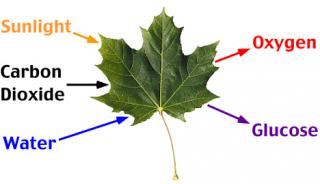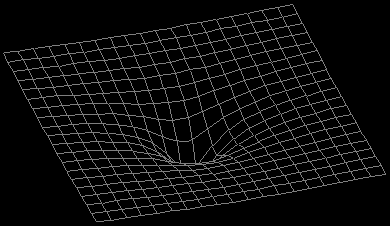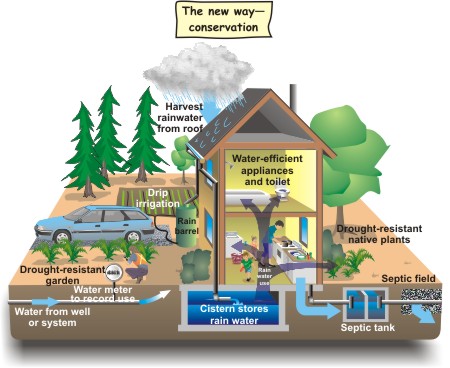Problems of evidence
"For example, without water and oxygen, there would be no human life; hence these things are necessary conditions for the existence of human beings."
"This article shows how elusive the quest is for a definition of the terms “necessary” and “sufficient”, indicating the existence of systematic ambiguity in the concepts of necessary and sufficient conditions."
"any falsehood will be a sufficient condition for" undermining or questioning "the truth of any statement" to which the false statement is related.
See– http://plato.stanford.edu/entries/necessary-sufficient/
Levels of strength concerning proof are based on the quality of the evidence, from some evidence (sufficient) to essential facts (necessary) and a combination of evident and essential information.

| |
| unnecessary, |
for example plants do not need oxygen to grow |
| |
|
|
| insufficient, either of the four conditions will not allow plants to grow: |
| |
- Red or blue light for plants
- CO-2 for plants
- seeds &
- growth medium
|
|
There are further constraints that suggest the the alleged causal relationship between necessary (must exist) conditions and sufficient conditions is far more interdependent than may first appear.
For example, tools are necessary for certain tasks, but sufficient skill or techniques to use those tools are co-dependent on the kind of devices being used.
See– http://plato.stanford.edu/entries/necessary-sufficient/

1) What is evidence?
2) What evidence
is important, what evidence is trivial?
3) What is the
evidence that reveals your case?
4) What is the
substantial weight of the evidence:
what does
it suggest?
what does it rule out?
what does it not address?
5) Can evidence
answer all questions?
6) How do you
"stack", "sift", and "evaluate" evidence?
7) Conclusion:
judging the outcome.

Outcomes:
- Affirm, the evidence support the argument.
- Deny, the evidence undermines the argument.
- Null-sets, the argument is neither supported nor refuted.

Related terms:
concept
maps, to visualize the relations among many related factors.
criteria, to bring formal order to random evidence.
argument, to compare and contrast points.
analysis, to break into smaller pieces.
what a problem is, to discern definitive differences.
synthesis, to bring together the parts.


Case study in three parts:
- The problem - owning water.
- What is water?
- Are there public values in water?
 Problems of evidence
Problems of evidence 
